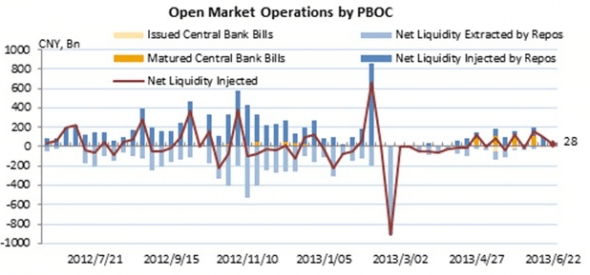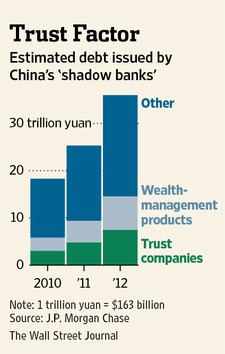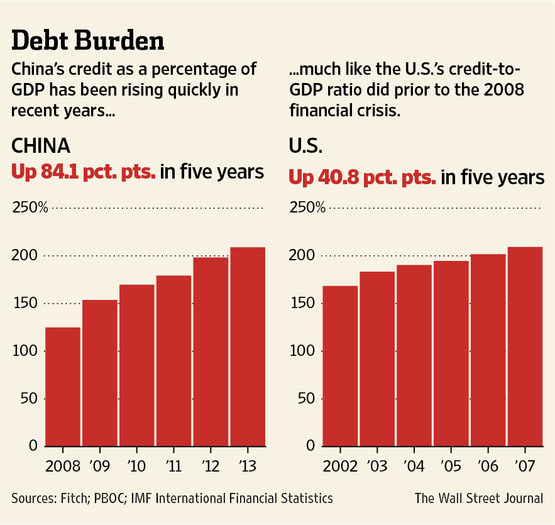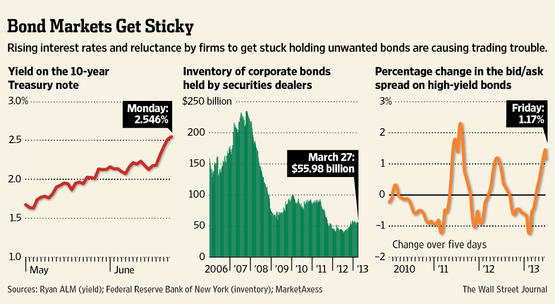“Either you will be a global company, or you won’t be a company”
June 25, 2013 Leave a comment
“Either you will be a global company, or you won’t be a company”
BY SARAH LACY
ON JUNE 24, 2013
Our PandoMonthly with Fred Wilson was one of our most popular so far, and it was brought to you by Smartling – a company that makes it possible to adapt your website into multiple different languages and manage all those versions quickly and easily.
It was a fitting sponsorship, because many of Wilson’s best known companies like Foursquare, Twitter, and Zynga have massive, massive audiences overseas. Part of the explanation for consumer Internet companies’ massive valuations this time around has been that they are more than a billion people online, and it’s never been possible to reach such a large audience so quickly. Read more of this post












